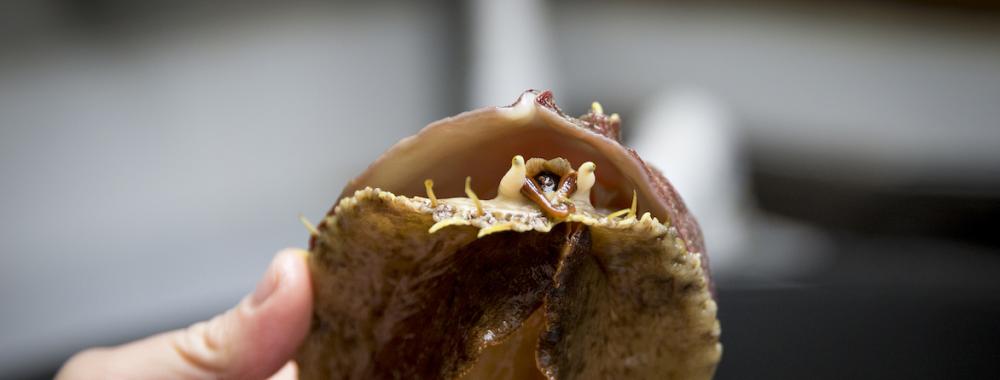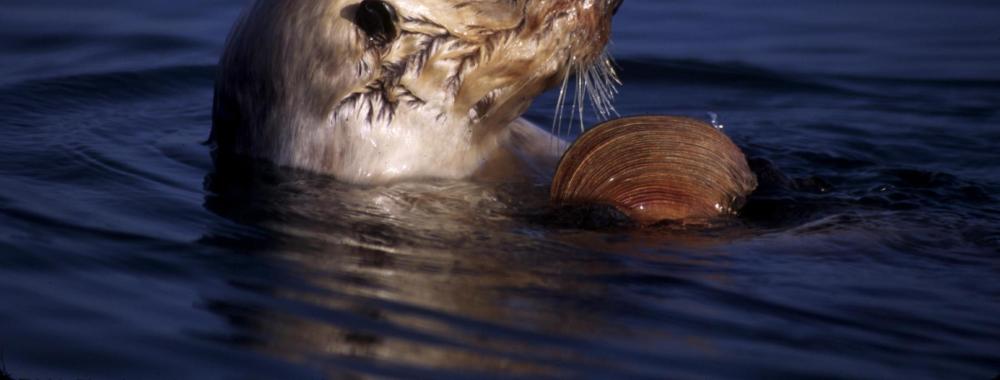The Karen C. Drayer Wildlife Health Center has been working toward health and conservation in California for nearly two decades. We take the One Health approach to our work, which holds that healthy ecosystems are essential to healthy wildlife and people.
Some of our California Wildlife Conservation research is species-focused, including projects related to sea otters, giant garter snakes, riparian brush rabbits, bighorn sheep, mountain lions and Channel Island foxes. Other research focuses on health issues that can affect a variety of species and populations, like West Nile Virus, Avian Influenza and other zoonotic diseases.
In 2006, we partnered with the California Department of Fish and Game to develop the California Wildlife Action Plan. The plan addressed the following questions:
- What are the species and habitats of greatest conservation need?
- What are the major stressors or problems affecting California’s native wildlife and habitats?
- What are the actions needed to restore and conserve California’s wildlife, thereby reducing the likelihood that more species will approach the condition of threatened or endangered?




